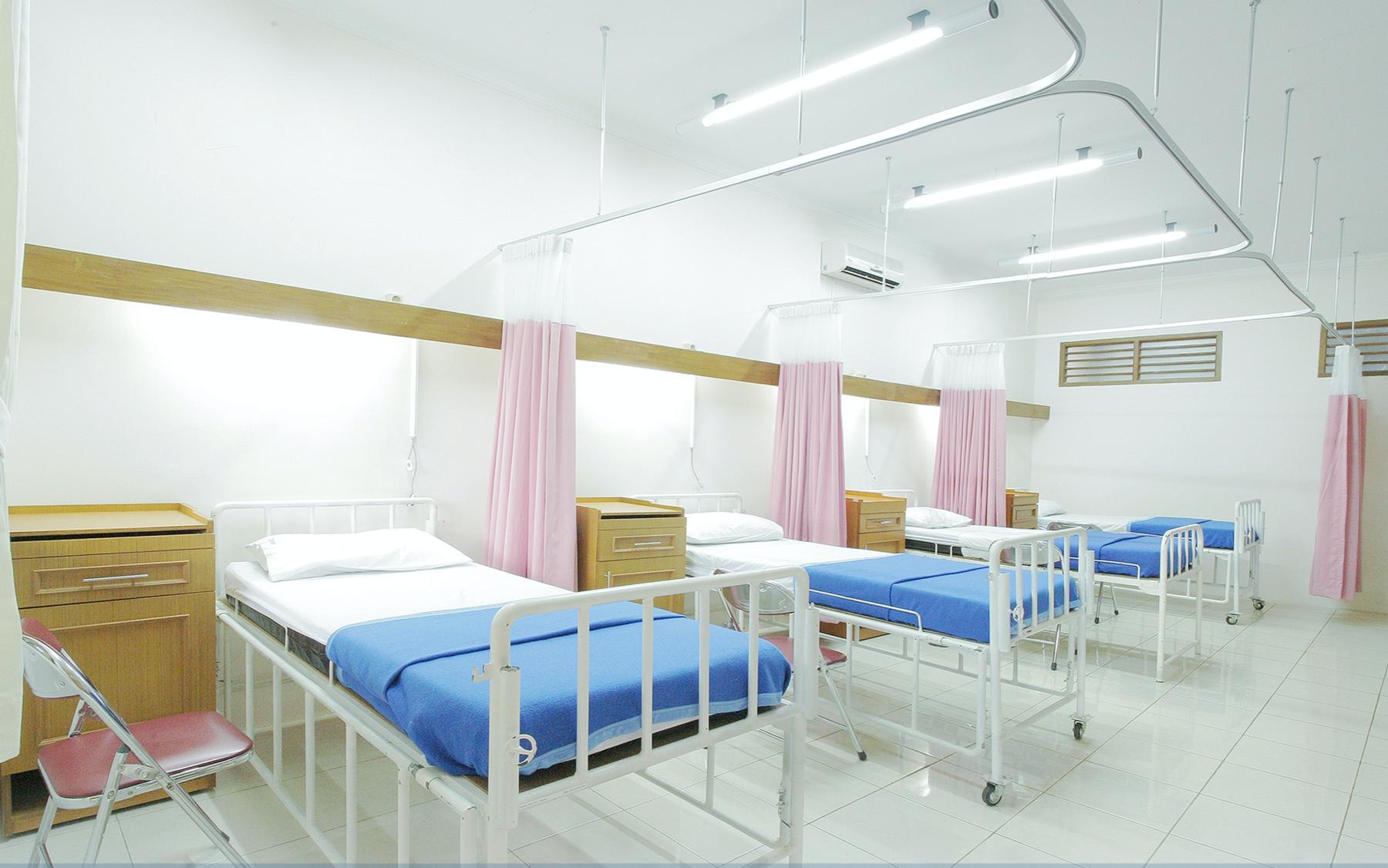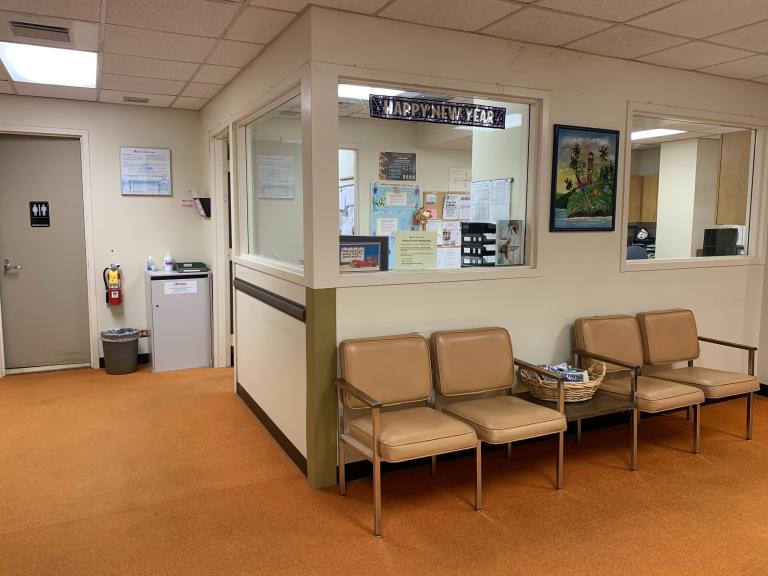24/06/2021
Transformation, News, Insights
How can we solve the mental health bed crisis?
What does improving patient flow in mental health trusts look like for front line workers, and how do we do it? Mikoto from our Transformation Team investigates.
COVID-19 has exacerbated what was already an ongoing crisis in bed shortages across mental health inpatient pathways.
In December 2020, the vast majority (92%) of 320 psychiatrists across the UK estimated that there were less than 5% of beds available in their trust. This is significantly lower than the 15% recommendation set by the Royal College of Psychiatrists . A wide variety of factors contributes to this problem, one of these is the operational obstacles surrounding timely discharges for patients who are ready to continue treatment from home, which I'll focus on in this piece.
Untimely discharge impacts staff who face ceaseless pressures to meet demand for beds, and patients who may not be receiving appropriate treatments on time. A high number of patients also continue to be admitted outside of their local areas due to lack of beds.
To address this crisis, there has been a pledge for extra funding by 2023/24 and a new framework for how service users are supported in the community as they recover from home . While this is a promising move at a national scale, the transformation required on the frontline at both operational and cultural levels are crucial for meaningful change.
The PSC recently supported an NHS Mental Health Foundation Trust to deliver these changes. By working closely with inpatient wards, community teams and operational teams, we identified three key ingredients for a move towards better patient flow.

- Change the culture around how patient needs are captured and addressed
Adrian James, president of the Royal College of Psychiatrists states that the biggest challenge in this crisis is to effectively address social determinants underlying service users' mental health. These determinants range from poor education, job insecurity, housing insecurity to income inequalities which elevate risks that contribute to poor mental health.
Although this requires a system-wide cultural transformation, frontline staff in inpatient and community services can play a powerful role in reshaping the way service user needs are managed. Practically speaking, this means that service users' welfare, housing and safeguarding status are captured and monitored from the very start of their admission. This set of information can be shared by community service staff and captured by staff coordinating patient flow in the patient information systems used by wards. This system will enable clinical decisions for treatment and discharge to embody a more holistic, patient-centred approach.
- Integrate discharge planning into daily rhythms on inpatient wards
Discharge planning is a key activity which addresses these social determinants and sets out clear aims for each admission. We found that there are many opportunities to integrate this further into the daily rhythms in inpatient services.
In our approach, discharge planning manifested in action-oriented discussions in the daily Multidisciplinary Team (MDT) huddles. With the use of whiteboards, logistical barriers to discharge were identified as early as possible and ensuing actions were delegated across the team. This opportunity encouraged all staff on the wards to be involved in decision-making around discharges, which enabled a stronger sense of collaboration and shared ownership over patient care.
- Facilitate stronger collaboration between inpatient services & community services
Sadly, a significant proportion of inpatient service users are well-known in mental health systems due to repeat readmissions. One approach to addressing these outcomes is to strengthen communication of service user needs between community services and inpatient services throughout one’s inpatient admission. This will help to collectively determine what expectations can be realistically set for each admission.
Collaboration and shared responsibility between various services throughout one's patient pathway is a crucial facilitator for the new framework where the CMHTs will function as a new core to mental health care.
These principles enable improvements to patient flow, and can be applied to wider contexts beyond mental health.
Join our roundtable event on Friday 25 June which explores: What can Mental Health and Acute trusts learn from each other when it comes to offering high quality and integrated care? Email victoria.newark@thepsc.co.uk if you would like to attend.
Author: Mikoto Nakajima, The PSC Transformation Team
Latest News & Insights.

What does a good net zero programme look like for Integrated Care Systems?
The NHS has committed to reaching net zero in 2045 and Integrated Care Systems…

The PSC Wins Double Silver at the HSJ Partnership Awards 2024
We are delighted to announce that we have been awarded double silver at The HSJ…

National knowledge transfer and skills building programme for 50 mental health NHS Trusts to improve equity of experience for detained patients
In the year to March 2022, black people were almost 5 times as likely as white…

